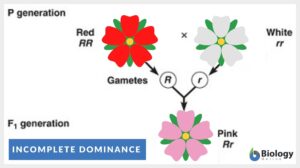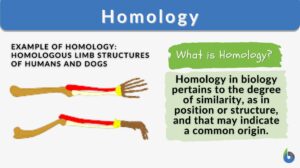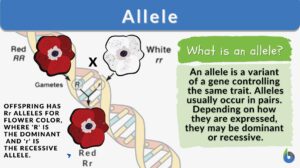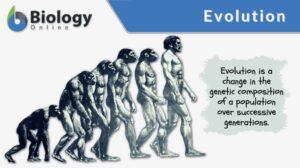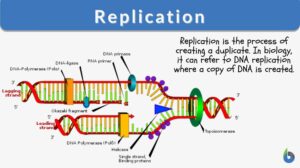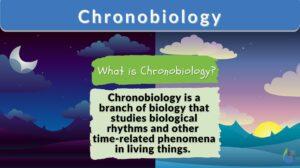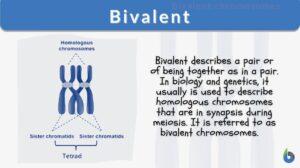Search Results for: molecular genetics
Molecular genetics
Definition noun A branch of genetics that deal with the structure and function of genes at a molecular... Read More
Genetics – Lesson Outline & Worksheets
Topics Modules Quizzes/Worksheets DescriptionIntroduction to GeneticsGenetics - Definition:... Read More
Molecular neuroscience
Definition noun A branch of neuroscience that studies the nervous system in terms of its molecular biology, molecular... Read More
Branches of biology
What is a Branch of Biology? A branch of biology is a specialized field or a sub-discipline in a much broader field of... Read More
Cytogenetics
Definition noun The branch of genetics that is concerned primarily in cellular components, especially chromosomes, in... Read More
Law of Segregation
Mendel’s Laws of Inheritance The father of genetics, Gregor Mendel, reported his findings in 1860 that initially were... Read More
Phylogenetics
Phylogenetics Definition Phylogenetics is the scientific study of phylogeny. It studies evolutionary relationships among... Read More
Y chromosome
Y chromosome Definition The Y chromosome constitutes one member of the pair of sex chromosomes within an organism, a common... Read More
Neutral mutation
Neutral Mutation Definition What is a neutral mutation? Neutral mutations are the alterations in the DNA that are... Read More
Eubacteria
Eubacteria are prokaryotic microorganisms consisting of a single cell lacking a nucleus and containing DNA is a single... Read More
Sex-linked trait
Definition of Sex-Linked Traits A sex-linked trait is an observable characteristic of an organism that is influenced by the... Read More
Insect Behavior
Insect Behavior Definition An insect behavior refers to the various actions of an insect in response to a stimulus or to... Read More
Oligonucleotide
Definition noun plural: mononucleotides ol·i·go·nu·cle·o·tide, ŏl′ĭ-gō-no͞o′klē-ə-tīd A short polymer... Read More
Genetics and Evolution
Tutorials in Genetics and Evolution immerse on the molecular aspects and the works of nature that led to what every living... Read More
Incomplete dominance
Incomplete Dominance Definition After Gregor Mendel discovered inheritance laws, the term ''incomplete dominance'' was... Read More
Replication
Replication, in the general sense, is to create a copy or a duplicate. Thus, in biology, replication is commonly associated... Read More
Smooth endoplasmic reticulum
Smooth Endoplasmic Reticulum Definition Smooth endoplasmic reticulum (sER) is part of or a region in the endoplasmic... Read More
Chronobiology
Chronobiology Definition Chronobiology is a branch of biology that studies time-related phenomena (e.g., biological... Read More



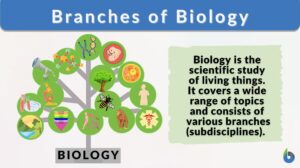
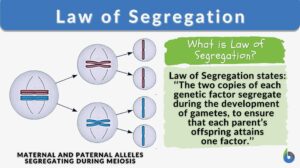

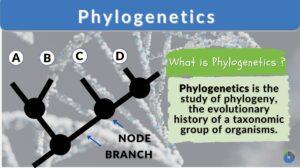


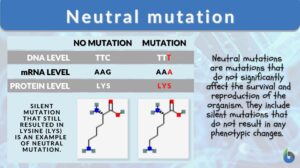
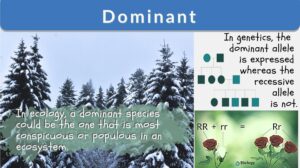
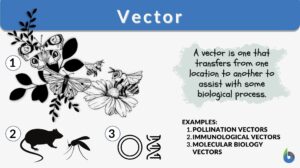
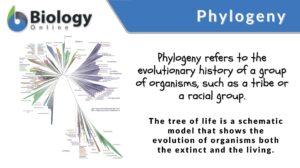
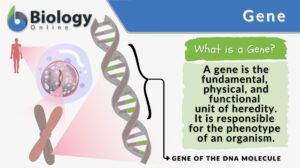



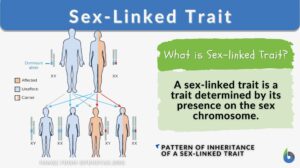

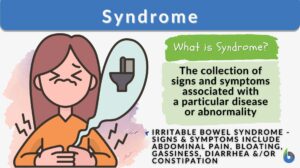
![Botany n., [ˈbɑt.ə.ni/] botany definition and example](https://www.biologyonline.com/wp-content/uploads/2019/10/botany-definition-and-example-300x168.jpg)
![Biology n., [baɪˈɑlədʒi] Definition: scientific study of life](https://www.biologyonline.com/wp-content/uploads/2021/12/biology-definition-and-branches-of-biology-300x168.jpg)


